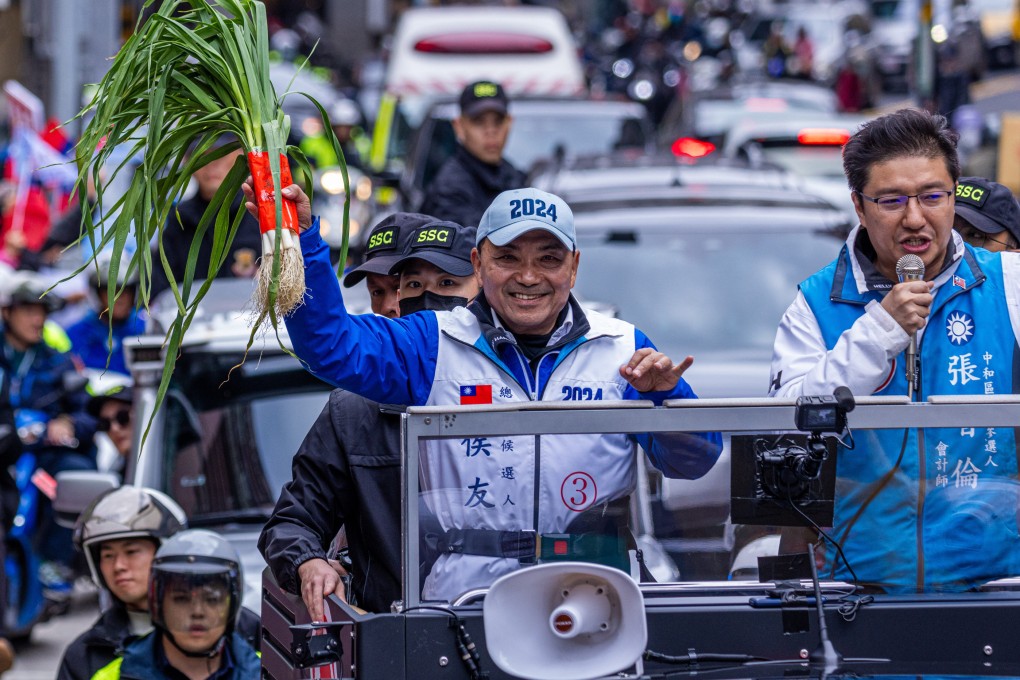Language Matters | Why people shout ‘frozen garlic!’ ahead of Taiwan’s elections – language is political there
- Taiwan’s languages now indicate identity and political affiliation and include phrases involving frozen garlic and radishes, as well as gifts of the vegetables
- The government’s 2022-2026 plan for the advancement of all national languages aims to achieve linguistic equality and bolster Taiwan’s multicultural development

The Taiwan elections have offered much to observe with the languages of the island.
The Formosan languages are a branch of Austronesian languages spoken by Taiwanese indigenous peoples. The island’s inhabitants for thousands of years, these now comprise 2.5 per cent of the population. Fewer than half of their 26 languages remain, and all are endangered.
Two major waves of Han emigration to the island – during the 18th and 19th centuries of the Qing dynasty, and in the Chinese civil war’s final years – brought Sinitic languages. Those of the earlier migrants from the southern coastal provinces of Fujian and Guangdong evolved into Taiwanese Hokkien and Taiwanese Hakka.
The end of World War II, the Republic of China’s takeover of Taiwan, and the founding of the People’s Republic of China on the mainland, saw further Han immigration.

The 1949 retreat of the Kuomintang-led government to Taiwan meant a strict Mandarin-only language policy in education and government.
